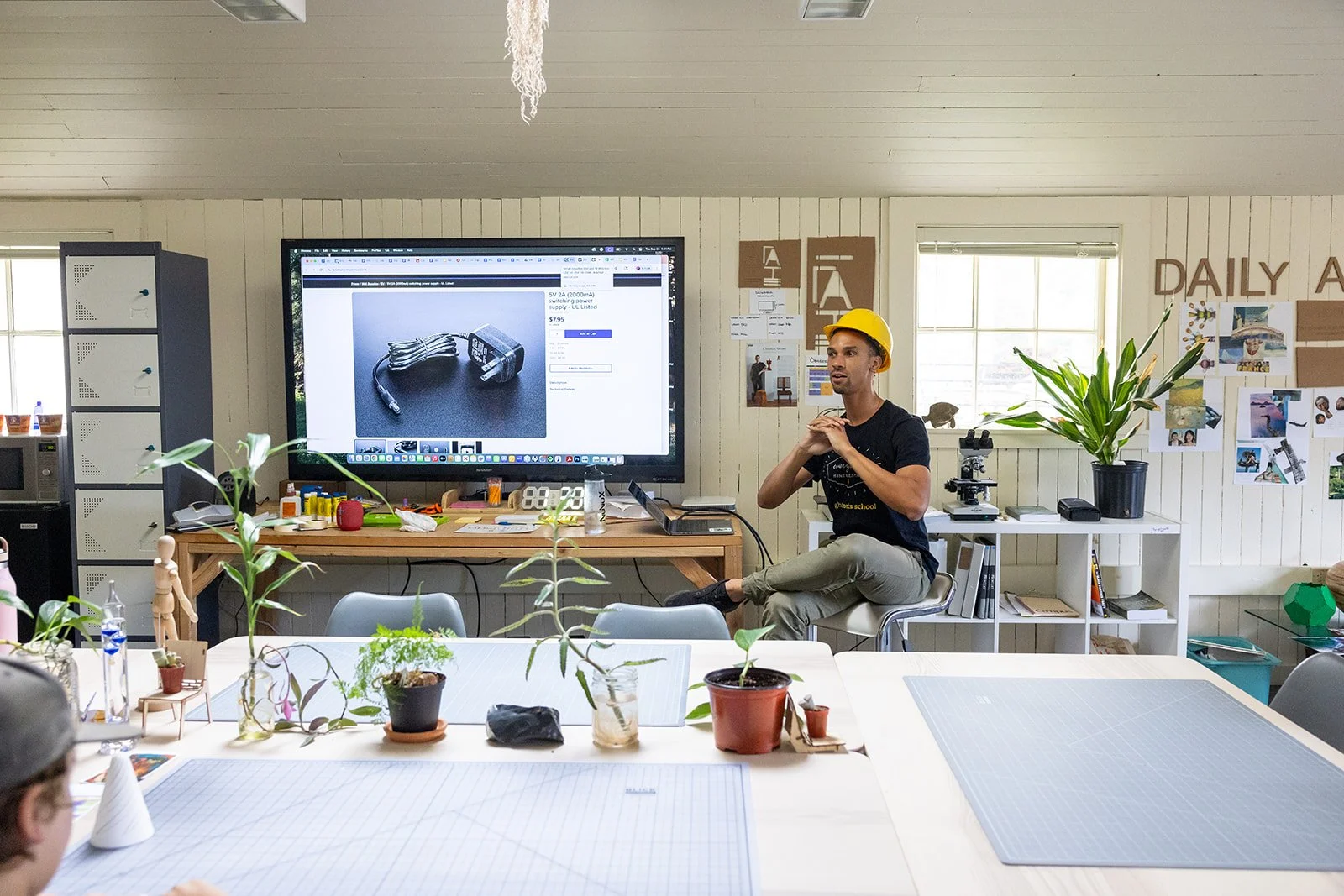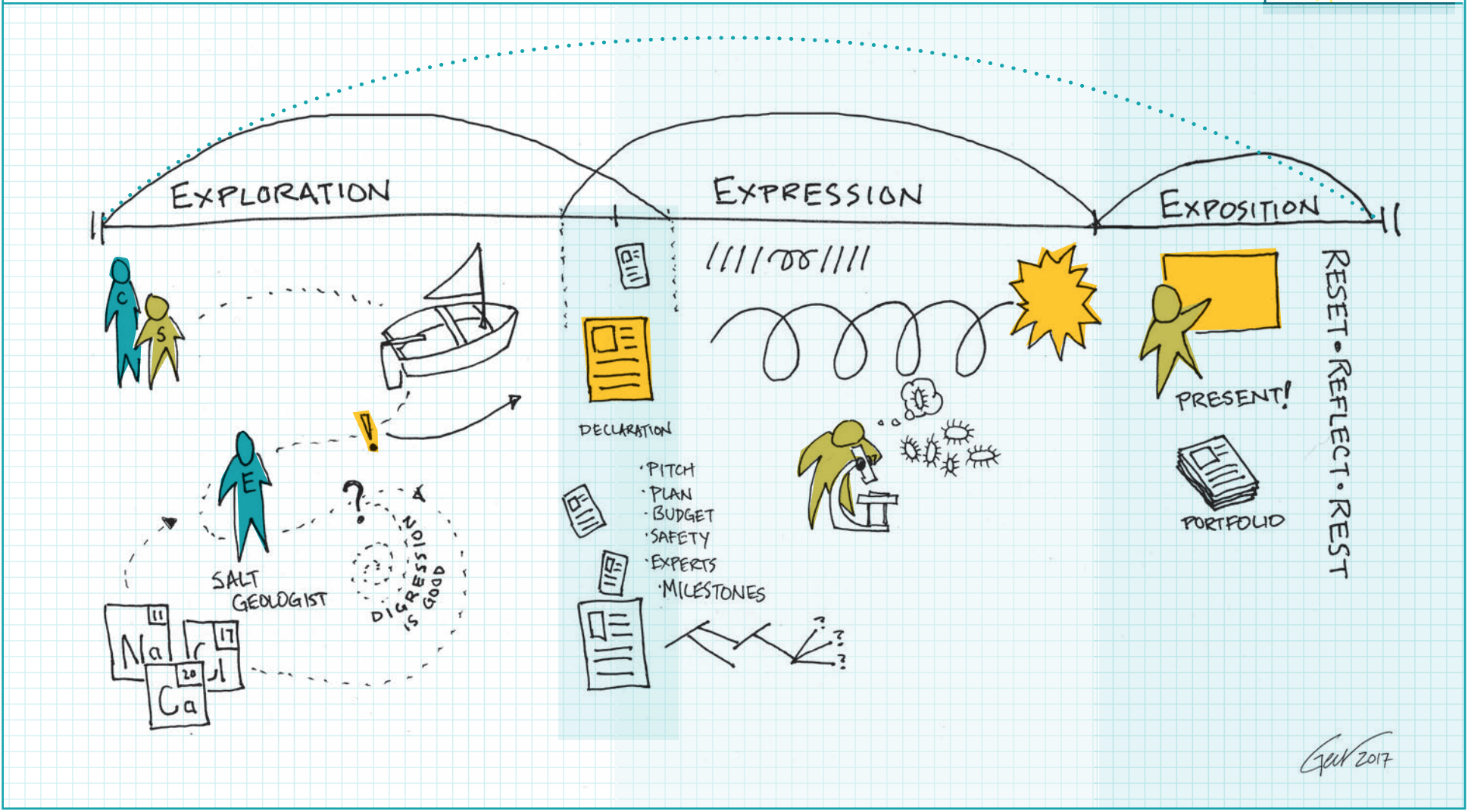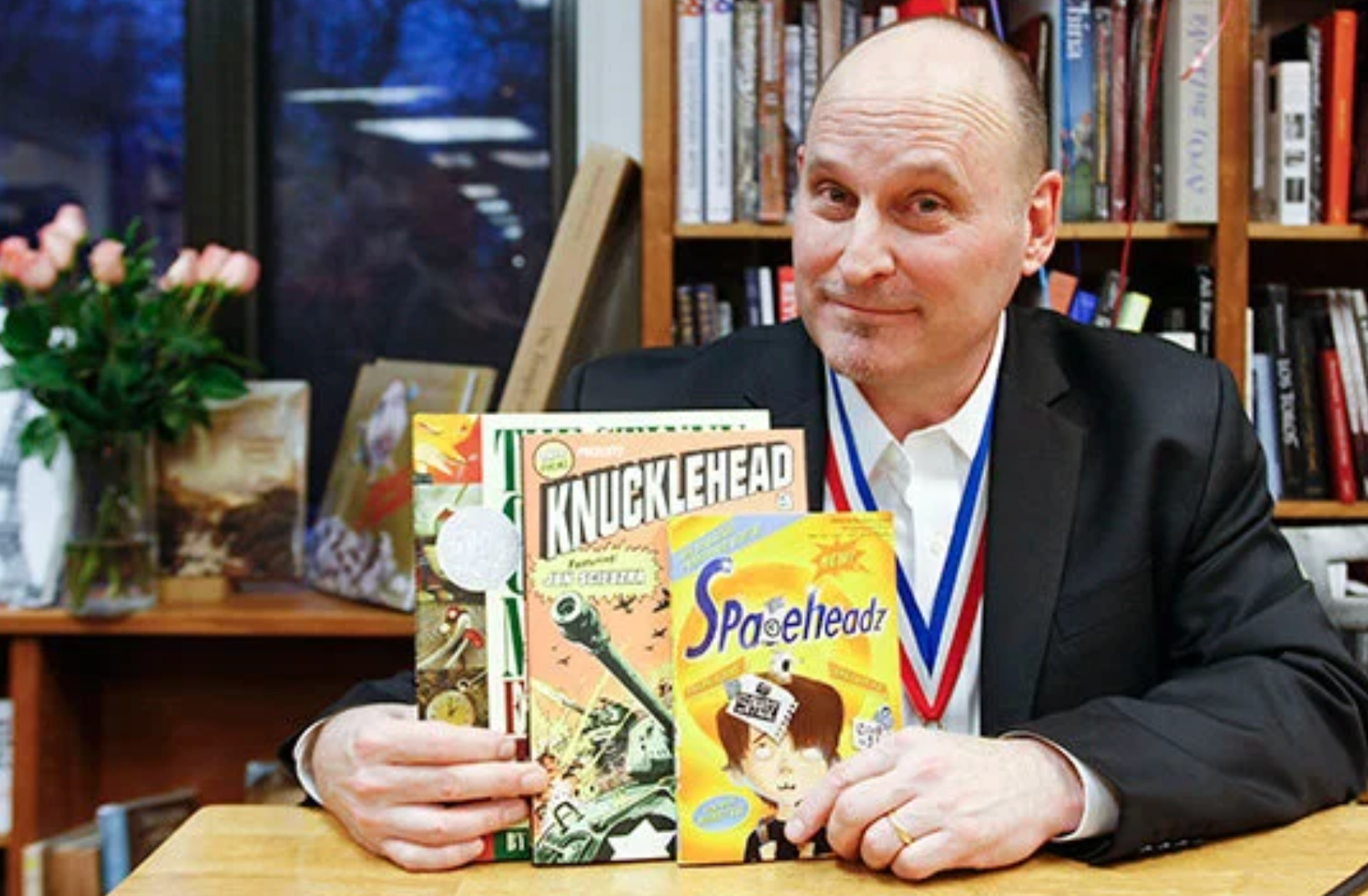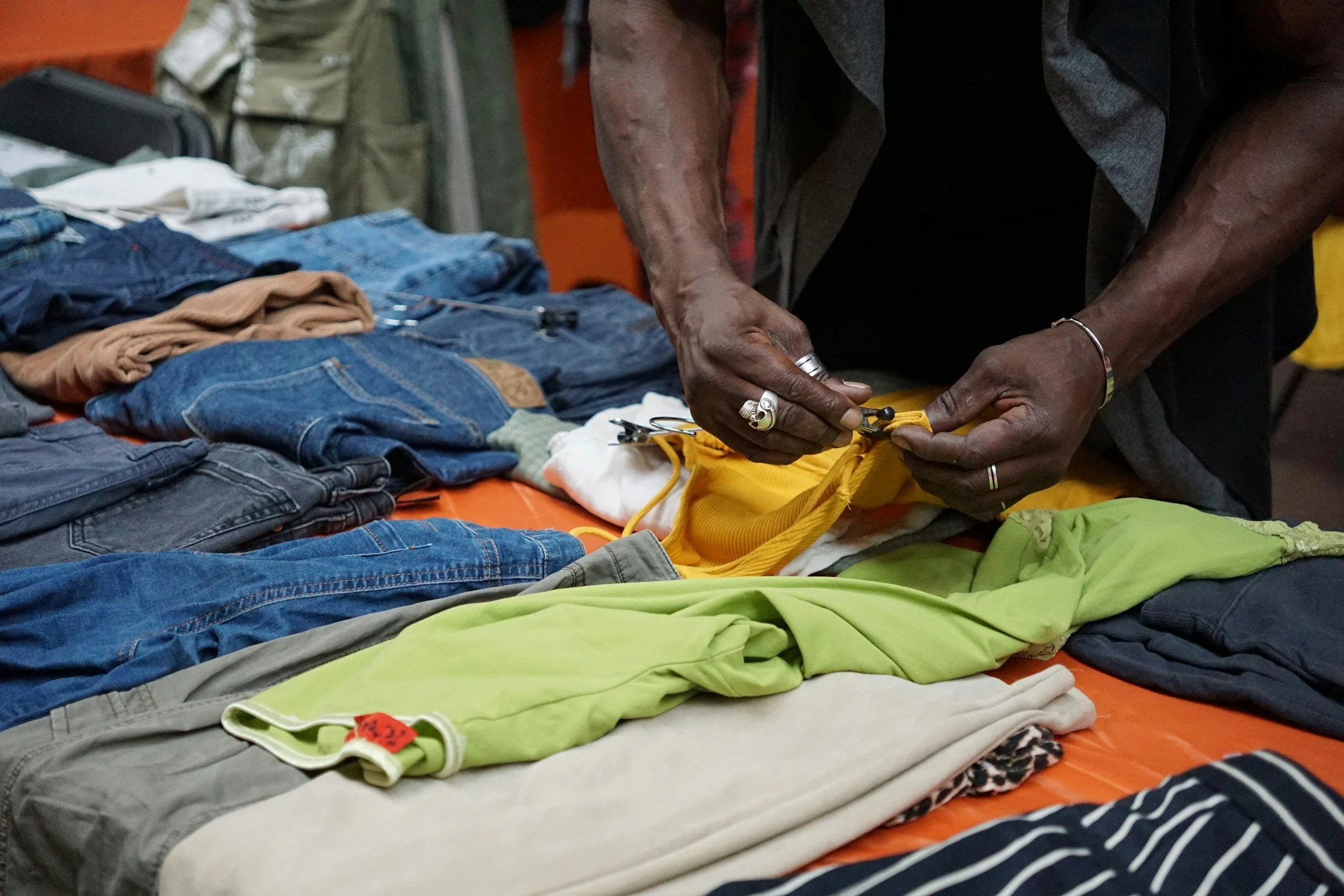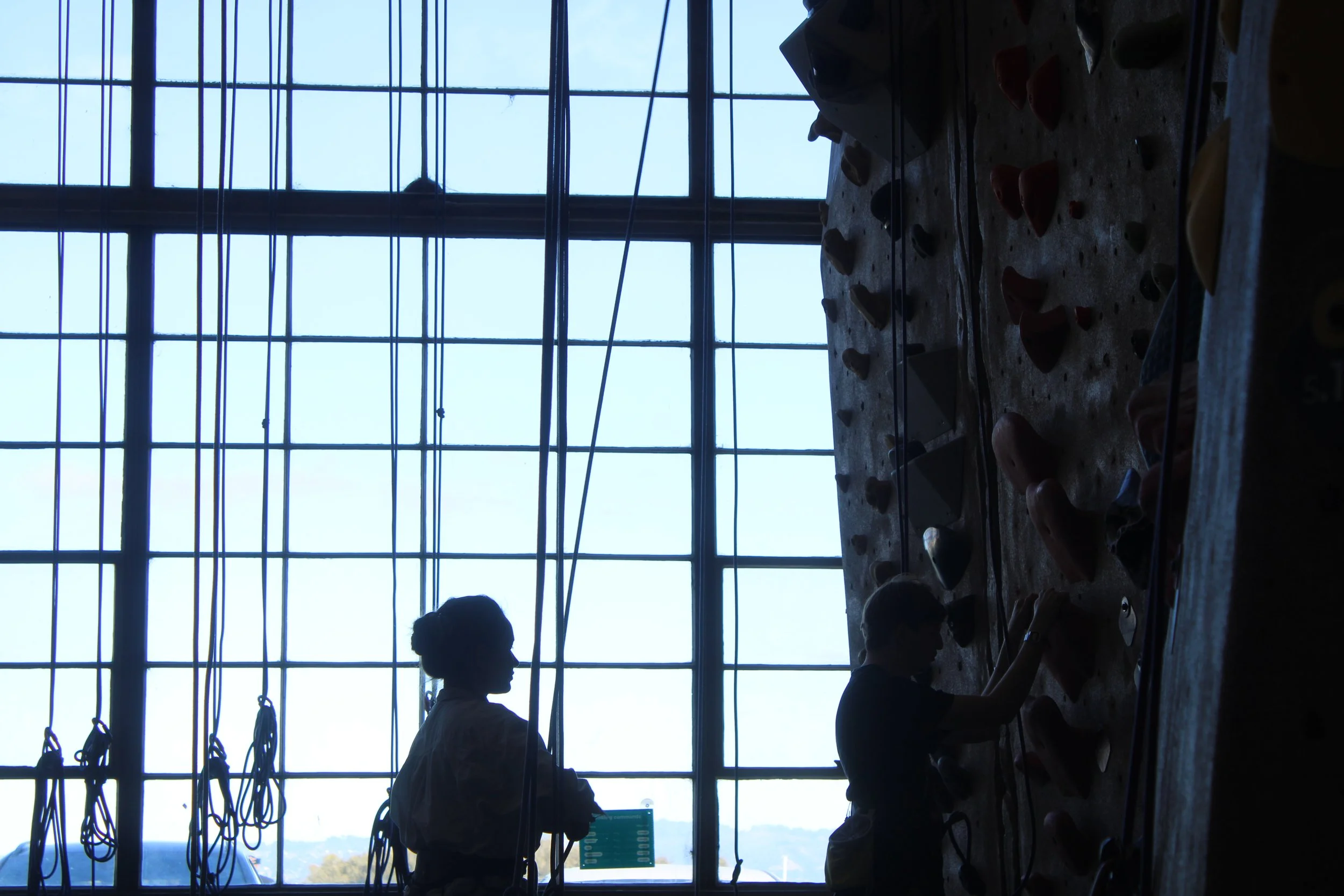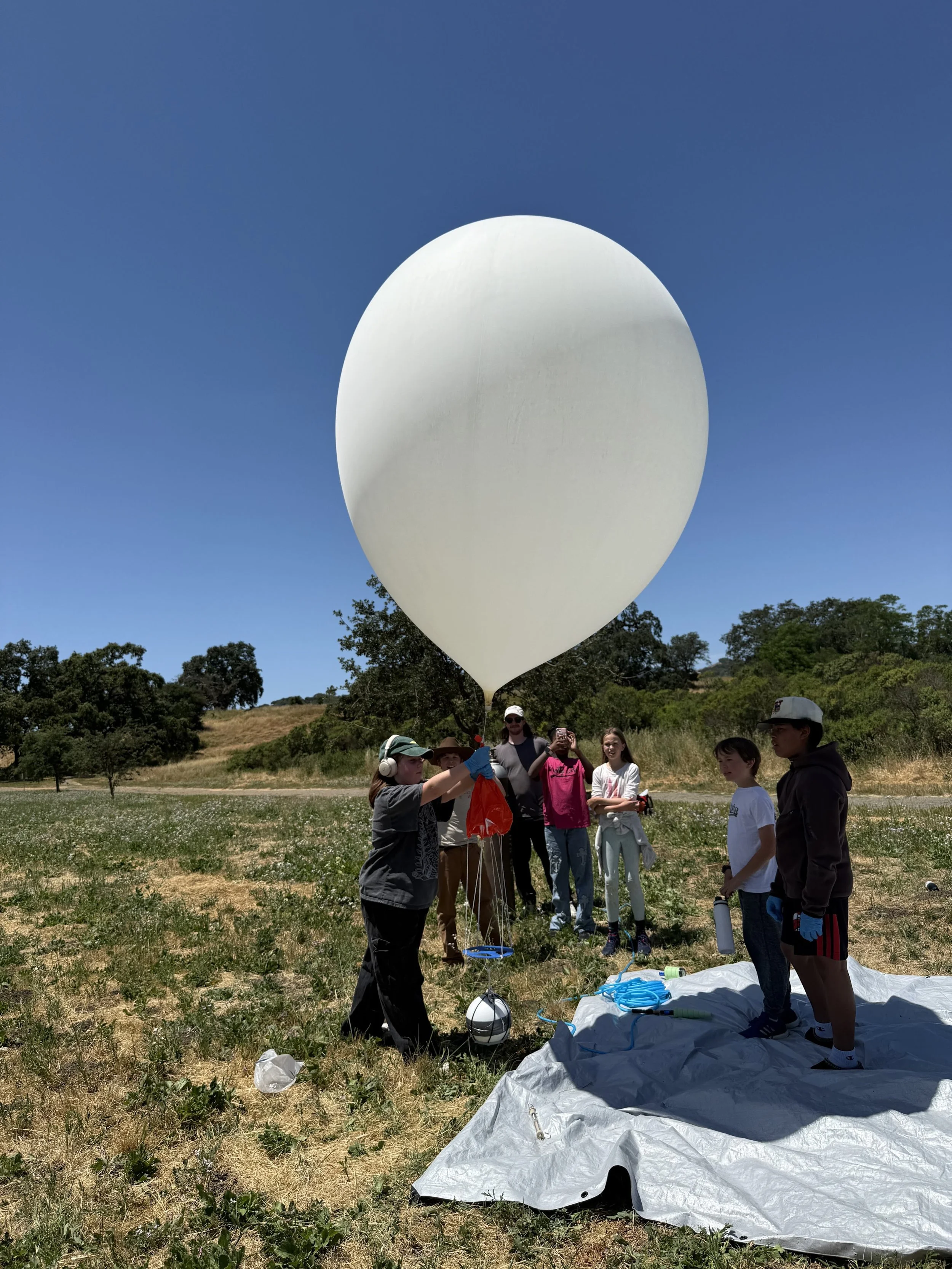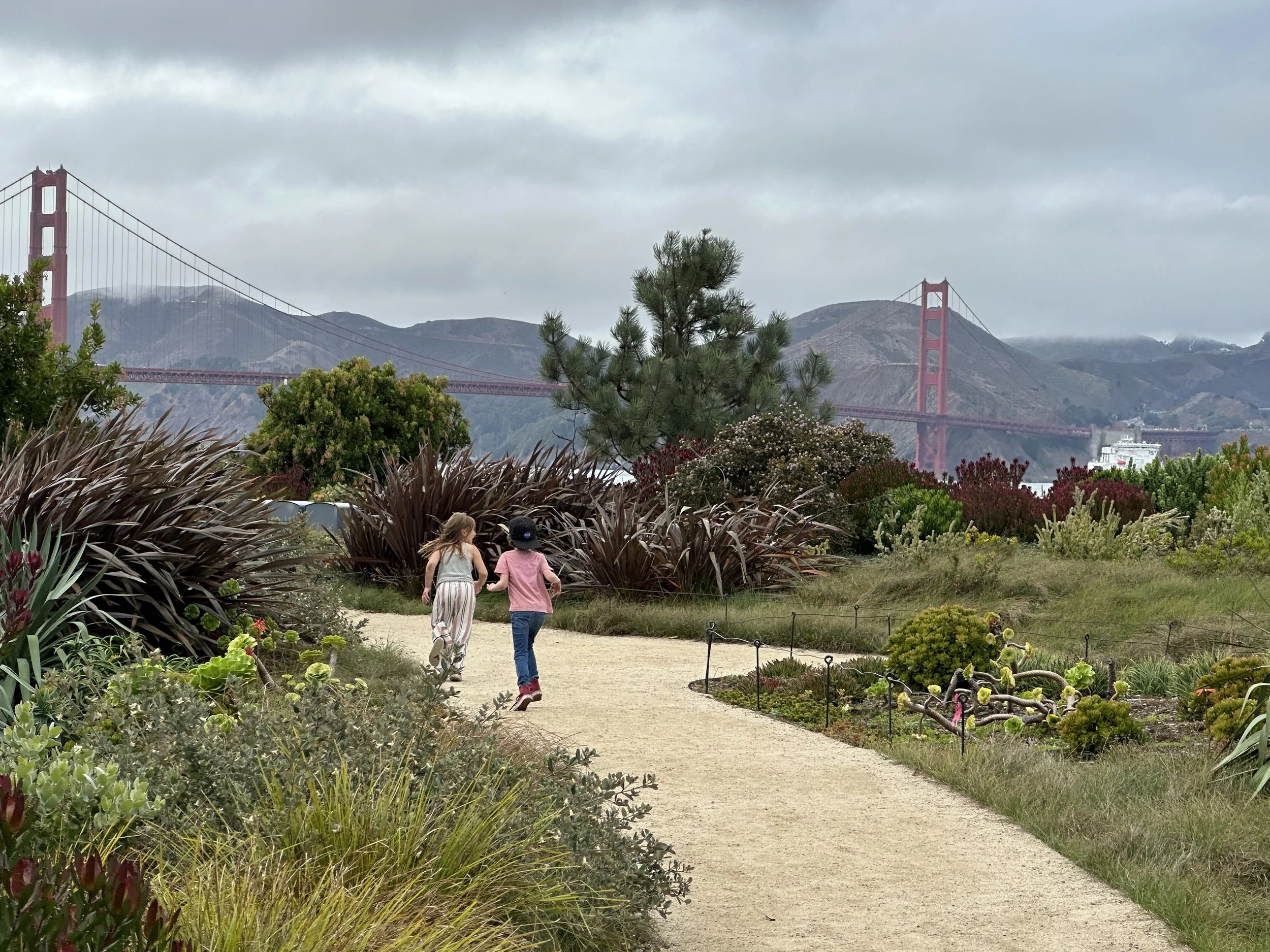Brightworks Blog
Brightworks is a flurry of activity and we are thrilled to share peeks into the lives of the students, our school and the community.
Featured
Follow along on social media too!
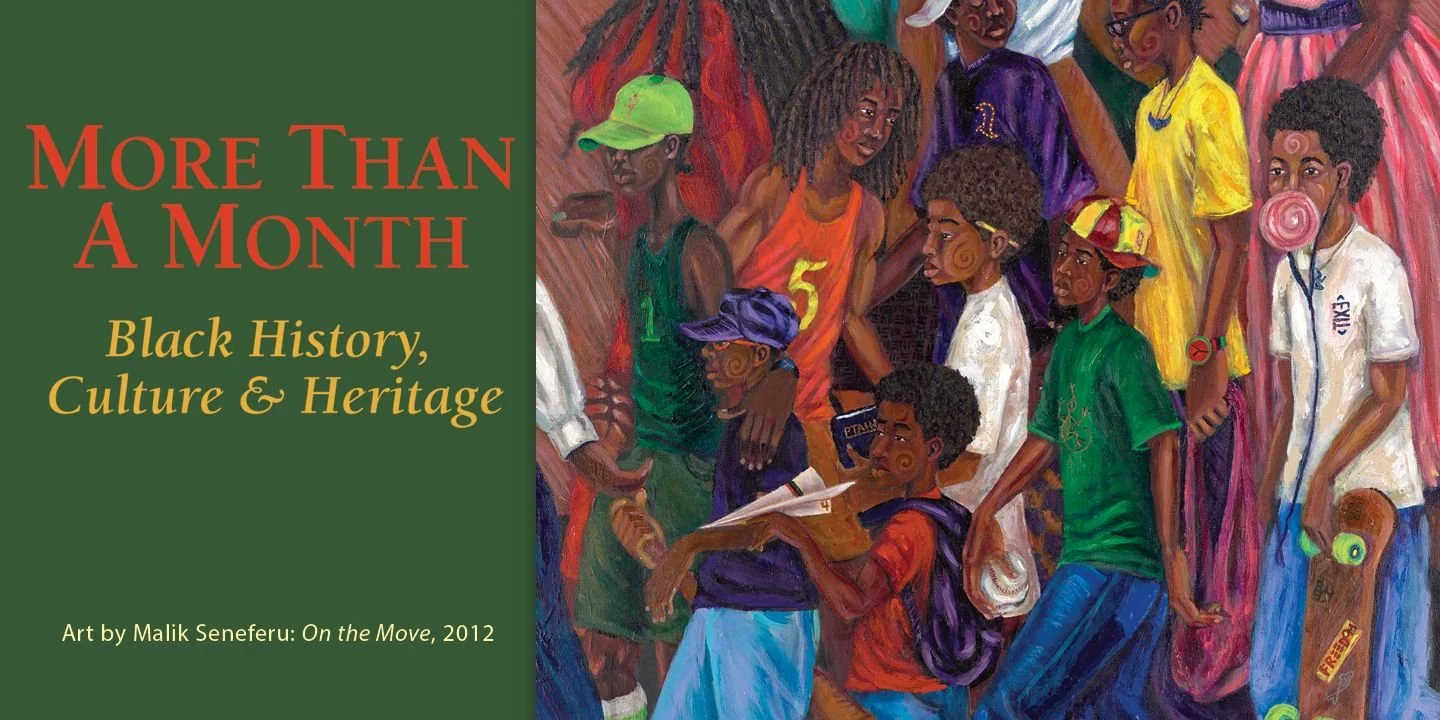

P&P,
Early Elementary,
Learning,
Community,
DEI,
brightworks,
Activities
sfbrightworks
P&P,
Early Elementary,
Learning,
Community,
DEI,
brightworks,
Activities
sfbrightworks
Drums, Red Envelopes, and New Beginnings: Celebrating Lunar New Year at Brightworks
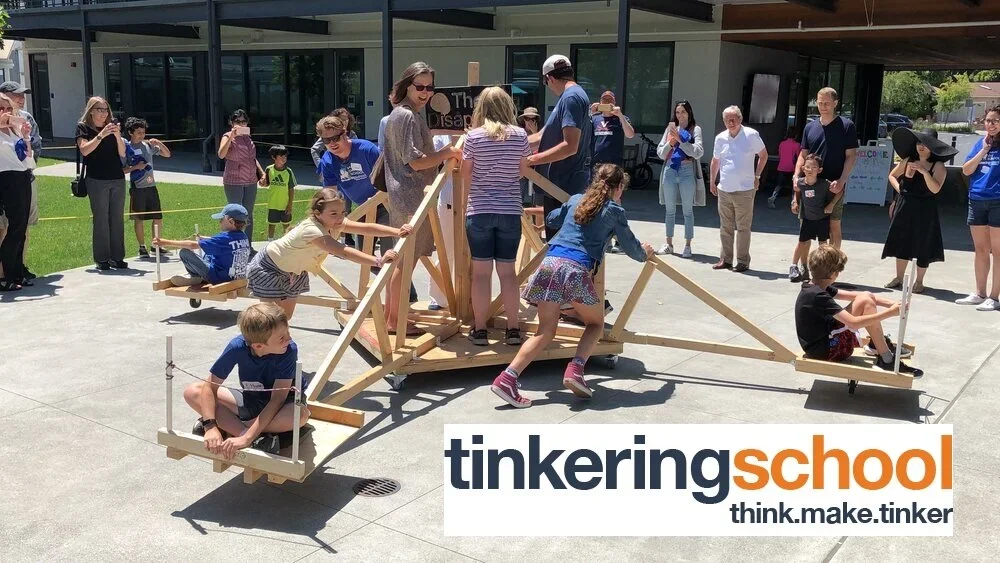
sfbrightworks
sfbrightworks
Tinkering School Registration! 2026 Summer Camp at Brightworks
